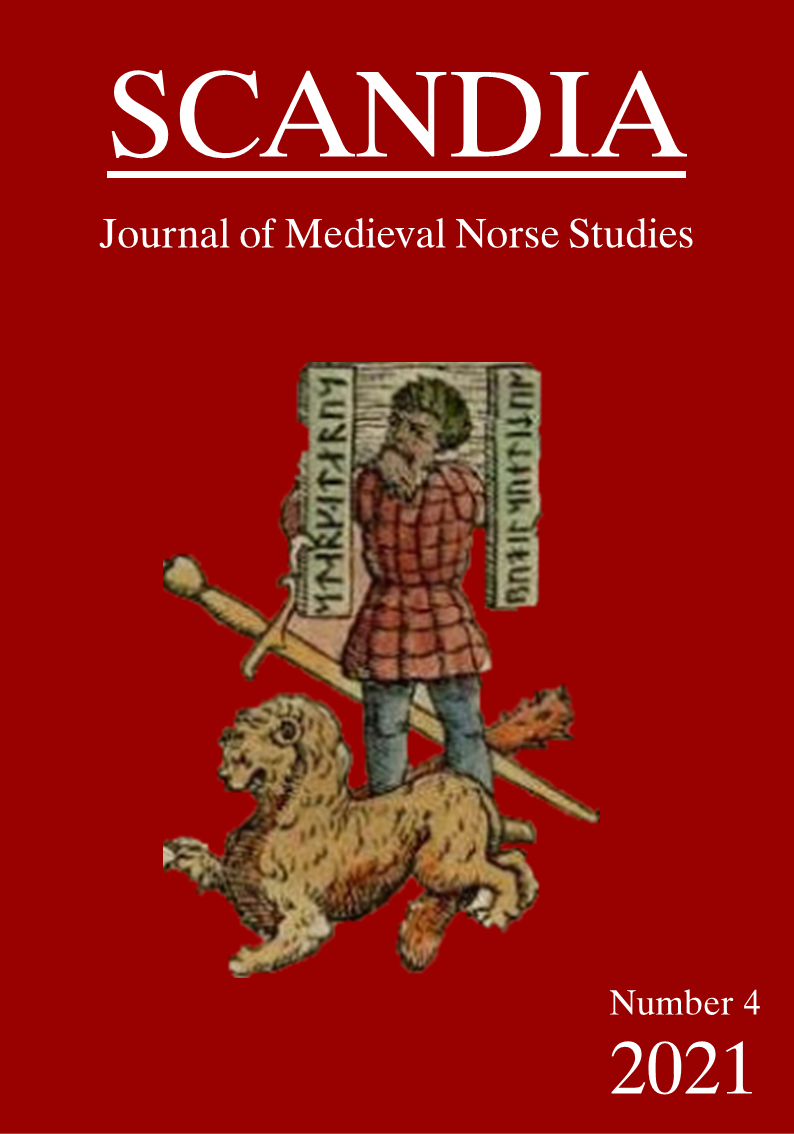HORNED, BARBARIAN, HERO: THE VISUAL INVENTION OF THE VIKING THROUGH EUROPEAN ART (1824-1851)
Abstract
The research investigates the beginnings of the visual construction of the Viking figure by Western art, in the period between the 1820s and the 1850s. We used John Harvey's visual methodology and studies of Cultural History. The article analyzes the influence of literary stereotypes, the references of medieval chivalry and the Ossian ideal in the initial formation of images about Vikings. The last part investigates the consolidation of the Viking image as a hero and adventurer, as well as the origin and formation of the most famous visual stereotype about the ancient Norse: the warrior wearing a horned helmet. We conclude that the first romantic representations about the Nordics played an important role in the consolidation of nationalism for several European countries, which sought to define their geographical borders and social identities.
Downloads
Downloads
Published
Issue
Section
License
The author (s) of the original submitted undertake to comply with the following:
- All authors are publicly responsible for it.
- The authors claim that this original is their own and that they assume full responsibility to third parties, whether moral or patrimonial, by reason of its content, stating that the work does not infringe any intellectual property rights of third parties.
- The author (s) agree to the copyrights of the original to Scandia Journal, to which they grant permission for its reproduction, editing and online publication.
- The author (s) grant their copyright of their original to the Scandia Journal, licensed under the Creative Commons Attribution License, which allows the sharing of this work with the acknowledgment of their authorship.
- The author (s) have permission and are encouraged to cite and distribute their original.



